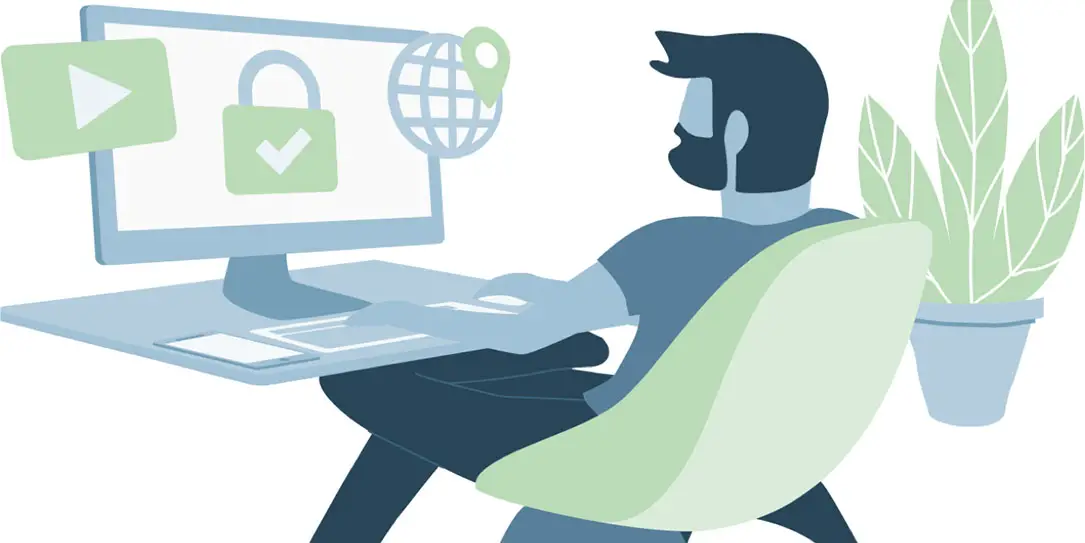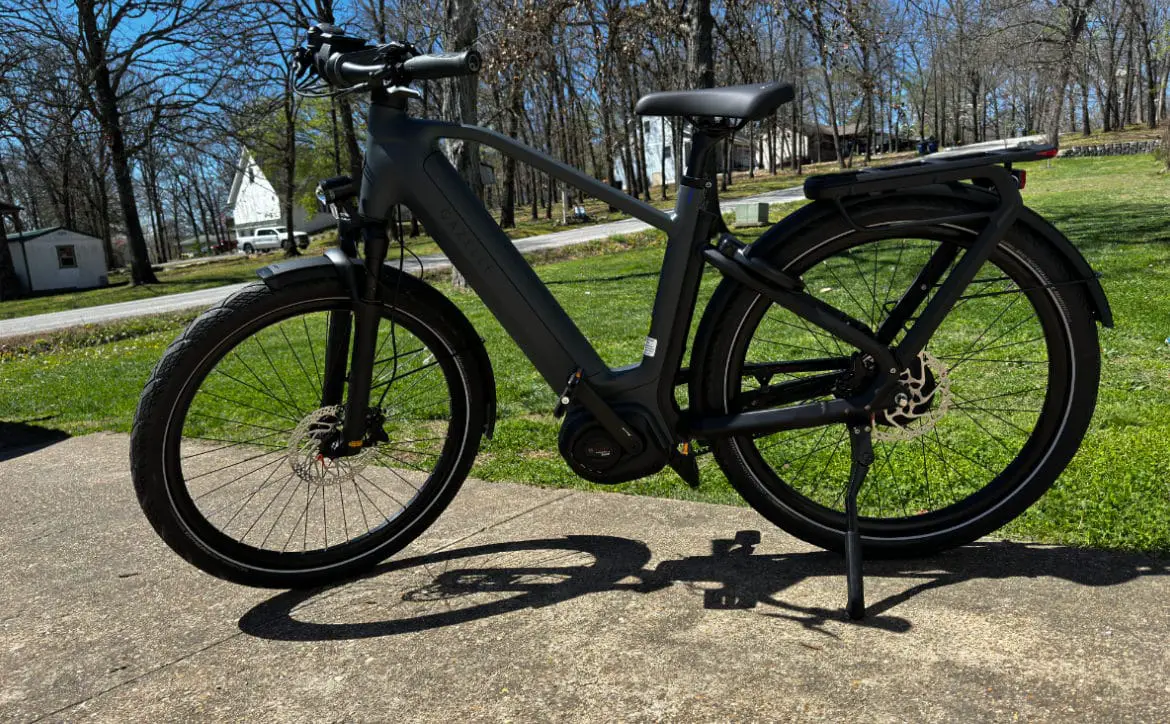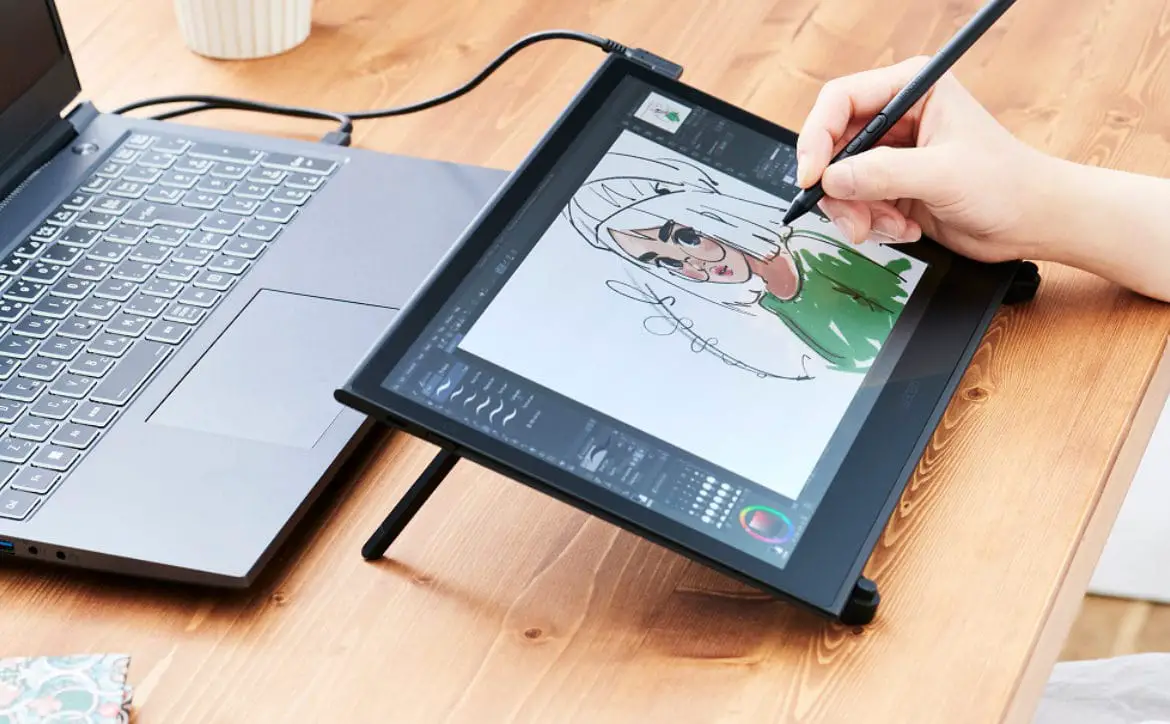Inter-connectivity among devices is a modern marvel. With increasing home devices connected to each other and the internet, security is the need of the hour. Are VPNs enough, or do you need a VPN router? What is it, though?
The What
We will keep all sections lucid. VPN routers are basically regular ones with added benefits of security, despite having separate VPN apps. Think of it as a router with additional layers of Kevlar. The reason is simple—just with most life and decision making choices, choosing the safer option is pragmatic.
While VPNs are enough to keep your particular device safer, you need additional security boosts. The simple reason is, as stated above, multiple devices connected to the internet. Sure, your capable laptop or phone might be secure from the vices of the internet, but your smart TV directly isn’t. This is where having a central figure is important—you guessed it right, a VPN router.
How does it work, you might ask? Imagine how your VPN app works to encrypt and protect your IP. Now place the same in a physical router. A router that can take your IP inputs and encrypt it, irrespective of the source of it—be it your PC, or your smart fridge. Sounds interesting, doesn’t it?
The How
Now that you know what a VPN router is, you might want to know how to install or get hold of one. Again, while the simpler way is to thank the free market and look for the best VPN routers according to your needs and whims, here is how you can DIY.
1. Get Hold of Compatible a VPN Router
Having an ISP-enabled modem is not helpful. If you are unable to get hold of a router that has already been set up, you can always purchase ones that are at least VPN-compatible. This would require a few tweaks later on.
2. Pre-Firmware Installation
You will need to know the kind of firmware offering that you want to install. While there are various offerings like that of DD-WRT or Tomato, you won’t be wrong, either way. Once you know what firmware you want to install, you can proceed to do the same.
3. Download Appropriate Firmware
You will need to check whether your router is compatible with the said firmware. This is a bit tricky, but Google search is here to help. Simply type in the name of your router along with the firmware you wish to install. If it is compatible, simply download the said firmware.
4. Flash, Assemble
It’s time to physically assemble your router as per instructions. Once you do so, you will need to flash it, in order to make it software-capable. It is important to note that all routers work differently, and so is the case with flashing. If not on the box, you will find flashing instructions online.
5. Install
Once you have flashed your router, you can just connect it to the said VPN provider. The rest will be computed from their end. While you can get into technical processes like removing SPI firewall, disabling IPv6, and modulating DNS, it is better if left to the provider itself.
Voila, your router supports VPN now!
6. Final Touches
Once you have successfully done the aforementioned task, simply change your country and server to add greater levels of security. Increasing layers of security makes it all the more difficult to track you.

The Why
Sure, now you know the what and the how—but why put in so much effort in the first place?
- Safety by Encryption: While VPNs are important to keep your device secure, a VPN router protects everything connected to the internet through it. Whatever input you place using the said device is decoded and encrypted, so you can be protected from any kind of malicious activities.
- Travel: Oftentimes, certain hotels or BNBs have variable offers based on the location of the one accessing it. Accordingly, you can change your IP address locations and check for better offers.
- Streaming: This is a no-brainer. Common streaming platforms have a fair number of exclusives that might not be available to all countries worldwide. You can use VPN and check accordingly.
- Public Wi-Fi: The safety, or lack thereof, of public Wi-Fis is acknowledged by all. Be it a café or a library, the public Wi-Fi is generally not the best place to cause any internet transactions, especially monetary ones. With VPN routers around, though, everyone’s privacy would be respected and the device should be secure.
The Bottomline—Do You Need It?
The uses and benefits of a VPN router are innumerable. After all, attributes like safety cannot be quantified as such. The question isn’t whether you need it or not—the question is how soon are you planning on installing one.
What do you think of a VPN router? Let us know in the comments below or on Twitter or Facebook. You can also comment on our MeWe page by joining the MeWe social network.
Last Updated on February 3, 2021.










